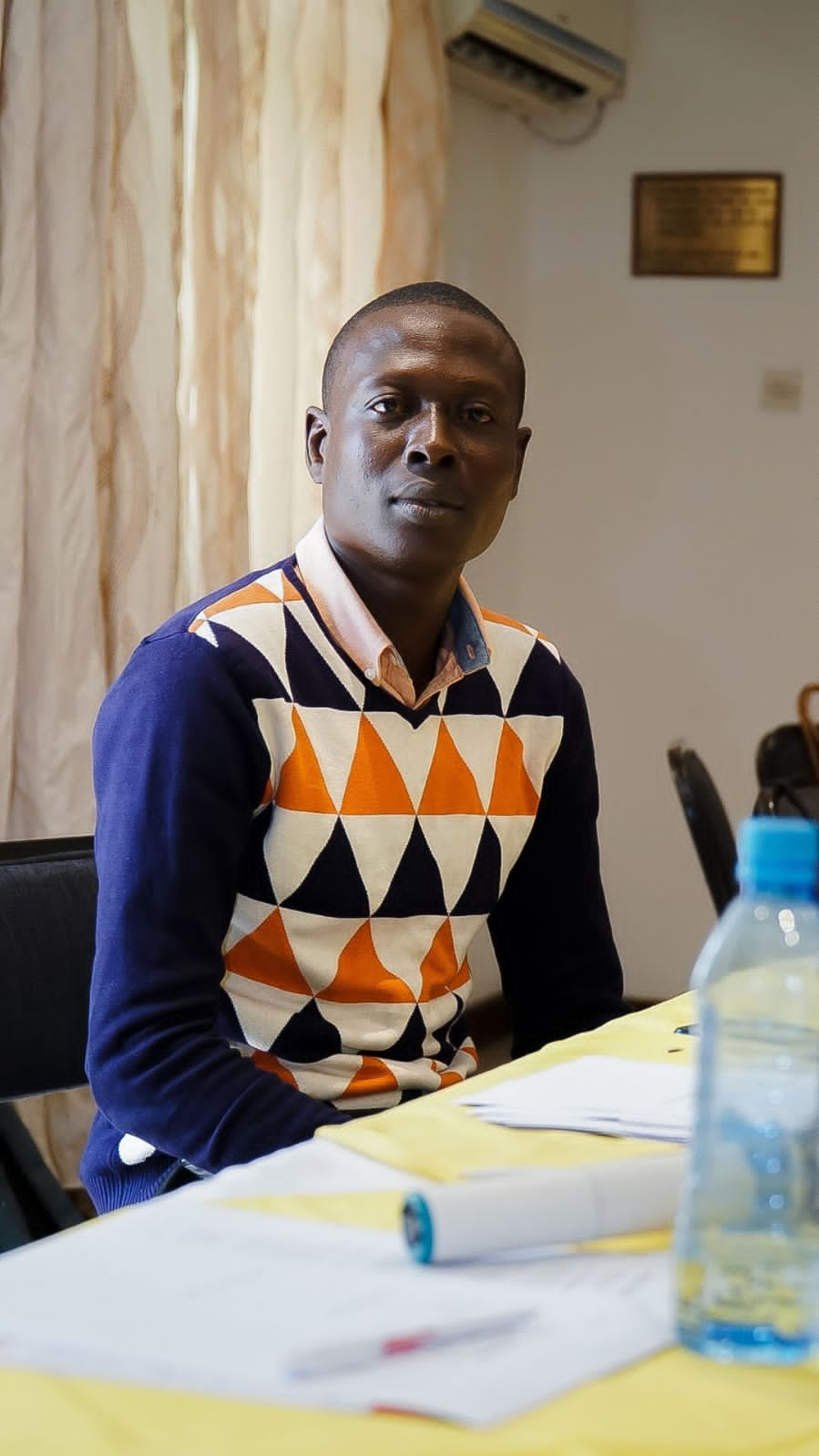Nguvu Change Leaders Sylvia Awinja, Frida Karani, and Victor Odongo have launched three distinct yet interconnected petitions, advocating for cohesive menstrual health policies in Kenya
Menstrual poverty has become a critical concern in Kenya, as seen when Senator Gloria Orwoba was expelled from parliament for participating in a session with a visible blood stain on her trousers. The Senator justified her protest, emphasising that in the country, two out of every three females cannot afford sanitary pads, and referenced a tragic incident in which a 14-year-old girl in Kenya took her own life following alleged humiliation by a teacher after staining her uniform during her first period.
Inadequate menstrual health initiatives in Kenya are also impacting the academic performance of girls. In its 2022 report on Menstrual Health and Hygiene, The World Bank states that 95 per cent of menstruating girls in Kenya missed one to three school days, 70 percent reported a negative impact on their grades, and more than 50 percent stated they fell behind in school because of menstruation.
The prevailing circumstances underscore the need for comprehensive menstrual equity reforms nationwide, for which Nguvu Change Leaders — Sylvia Awinja, Frida Karani, and Victor Odongo — have initiated three distinct yet interconnected petitions. These initiatives address various aspects of menstrual health, collectively aiming at forming an inclusive strategy for transformative change.
“My petition, addressed to the National Assembly Speaker and the Ministry of Labour and Social Protection, aims to establish legislation in Kenya mandating employers to provide three days of paid leave per month for women employees experiencing menstrual symptoms. It also advocates for an extension of sick leave days, specifically recognizing period-related symptoms,” says Sylvia.
Meanwhile, Frida says that addressing menstrual poverty in Kenya requires coordinated efforts from stakeholders across multiple sectors. She has submitted a petition to Anne Waiguru, Chairperson of the Council of Governors, and Philemon Kiplangat, Chairman of the County Assemblies Forum (CAF). It urges all women representatives to take the lead in the mission to mitigate the adverse effects of insufficient menstrual care, including health issues, school dropouts, and mental health challenges.
Another Nguvu Change Leader, Victor, through his petition, urges the Ministries of Education and Health in Kenya to implement Menstrual Health Management (MHM) by operationalising the Reproductive Healthcare Bill 2019, the Menstrual Hygiene Management (MHM) Policy 2019 – 2030, and the Menstrual Hygiene Management (MHM) Strategy 2019 – 2024 across all 47 counties.
“It will contribute to addressing the pressing issues of adolescent girls dropping out of school due to menstrual challenges and the high rates of teenage pregnancy,” adds Victor.
The petitioners collectively believe that, by endorsing their petitions, supporters can add strength to the advocacy for the empowerment of girls. Facilitating informed choices regarding menstrual health and reproductive rights as well as progressive policy decisions, they believe, can help end menstrual poverty in Kenya.
